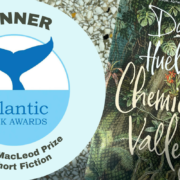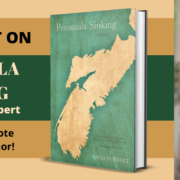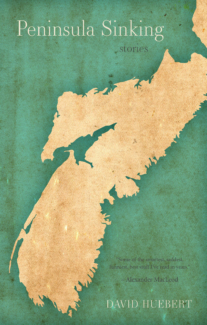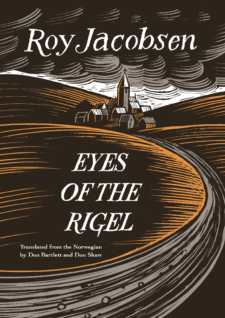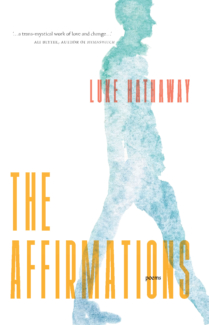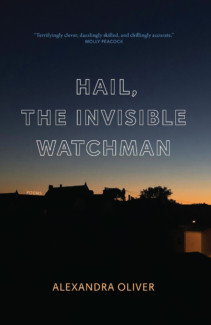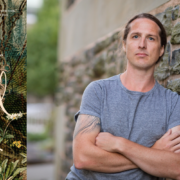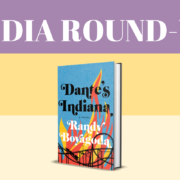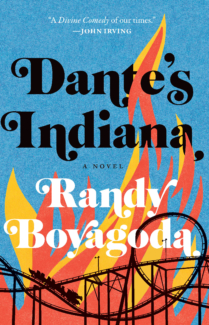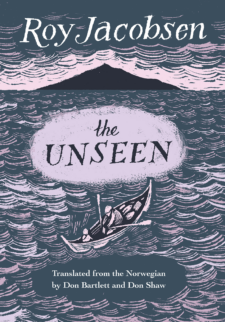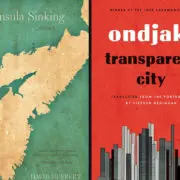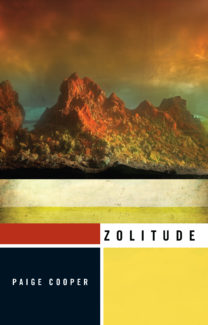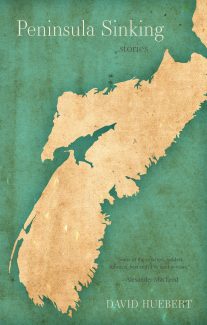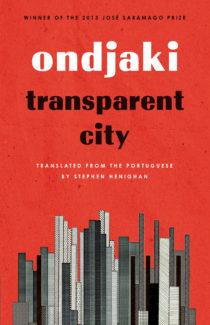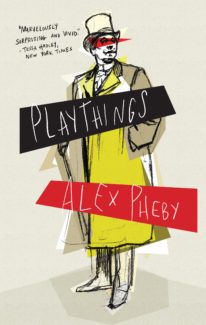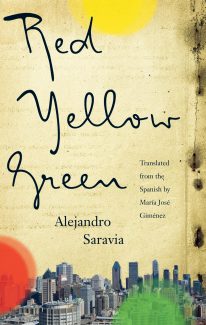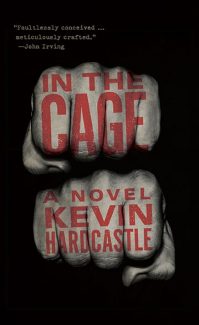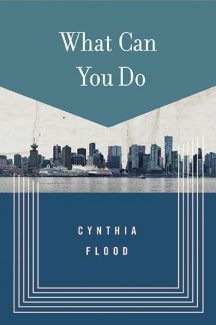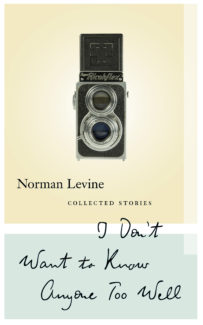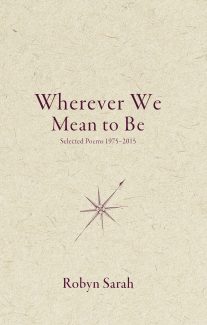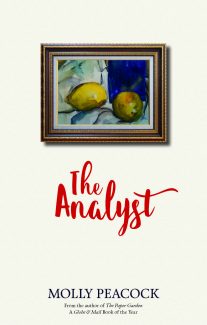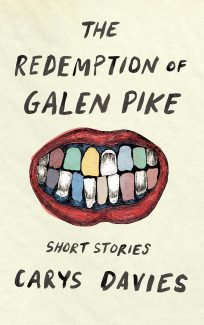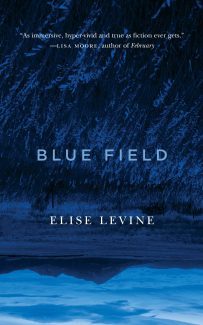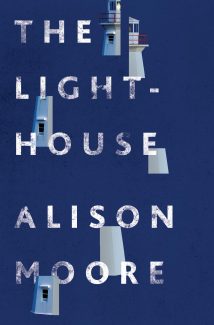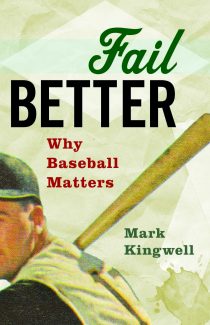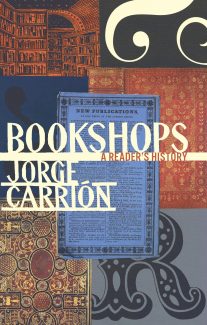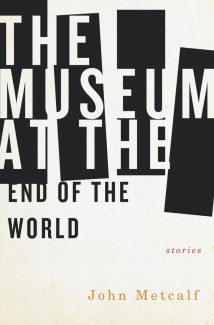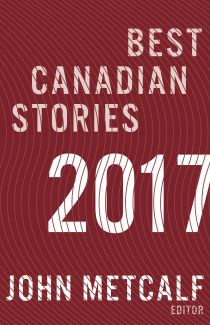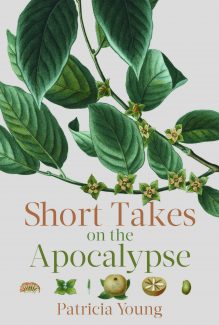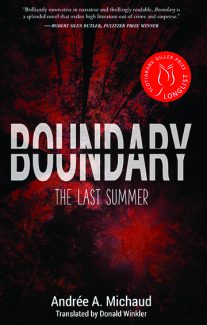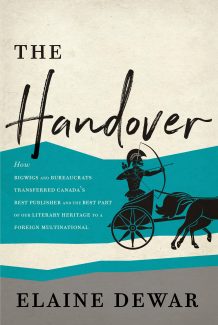CHEMICAL VALLEY wins the ATLANTIC BOOK AWARDS’ ALISTAIR MACLEOD PRIZE!
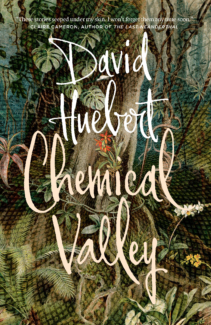 Biblioasis is thrilled to share that last night, on Thursday, June 9 at 6:30PM EST, it was announced by the Atlantic Book Awards that Chemical Valley by David Huebert won the Alistair MacLeod Prize for Short Fiction!
Biblioasis is thrilled to share that last night, on Thursday, June 9 at 6:30PM EST, it was announced by the Atlantic Book Awards that Chemical Valley by David Huebert won the Alistair MacLeod Prize for Short Fiction!
The prize for the Alistair MacLeod Prize for Short Fiction is $1000, and celebrates excellent short story collections by writers who are either from the Atlantic Provinces, or live there now.
Here’s what the jury had to say about Chemical Valley:
In this courageous collection, David Huebert holds little back as he weaves superbly crafted stories of the dark, difficult, and gritty reality of being human. Whether it be the destructive impact we have on our environment, each other, or ourselves, Huebert tackles this challenge with intelligence and compassion, both in his language and style, and in the empathy with which he portrays the human experience. The intertwining of ugliness, beauty, metallic cold and human warmth, and destruction and hope, creates a visceral, hopeful, and rewarding experience for the reader.
The other finalists for the Alistair MacLeod Prize were: The Running Trees by Amber McMillan (Goose Lane Editions) and The Love Olympics by Claire Wilkshire (Breakwater Books).
Chemical Valley was also named a finalist for the Thomas Raddall Atlantic Fiction Award. A huge congratulations from all of us to David!
A Thomas Raddall Atlantic Fiction Award Finalist • An Alistair MacLeod Prize for Short Fiction Finalist • A 2022 ReLit Award Finalist • A Siskiyou Prize Semi-Finalist • A Miramichi Reader Best Fiction Title of 2021
Out there by the dock the ocean and the air are just layers of shadow and darkness. But the creature’s flesh hums through the dark—a seep of violet in the weeping night.
From refinery operators to long term care nurses, dishwashers to preppers to hockey enforcers, Chemical Valley’s compassionate and carefully wrought stories cultivate rich emotional worlds in and through the dankness of our bio-chemical animacy. Full-hearted, laced throughout with bruised optimism and sincere appreciation of the profound beauty of our wilted, wheezing world, Chemical Valley doesn’t shy away from urgent modern questions—the distribution of toxicity, environmental racism, the place of technoculture in this ecological spasm—but grounds these anxieties in the vivid and often humorous intricacies of its characters’ lives. Swamp-wrought and heartfelt, these stories run wild with vital energy, tilt and teeter into crazed and delirious loves.
David Huebert’s writing has won the CBC Short Story Prize, The Walrus Poetry Prize, and was a finalist for the 2020 Journey Prize. David’s fiction debut, Peninsula Sinking, won a Dartmouth Book Award, was shortlisted for the Alistair MacLeod Short Fiction Prize, and was runner-up for the Danuta Gleed Literary Award. David’s work has been published in magazines such as The Walrus, Maisonneuve, enRoute, and Canadian Notes & Queries, and anthologized in Best Canadian Stories and The Journey Prize Stories. David teaches literature and creative writing at The University of New Brunswick.
Pick up your copy of Chemical Valley from Biblioasis here!

